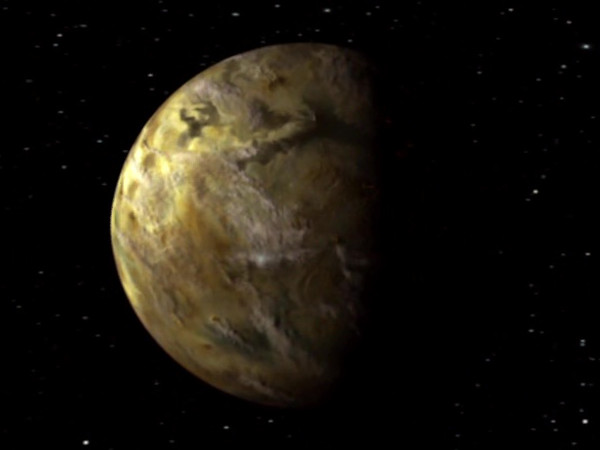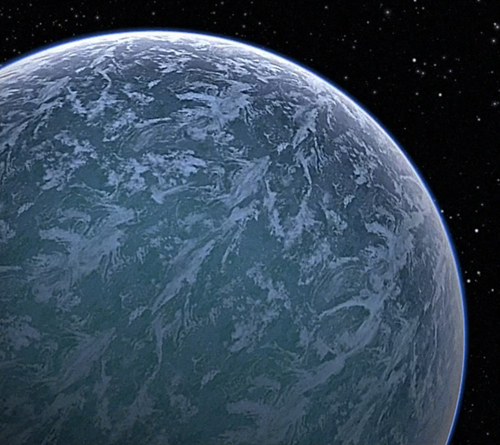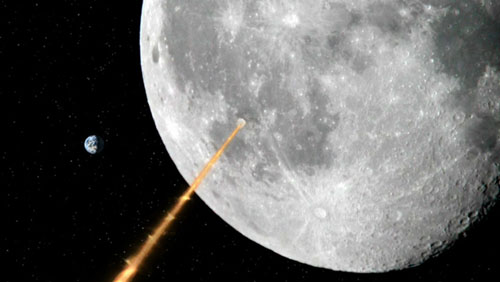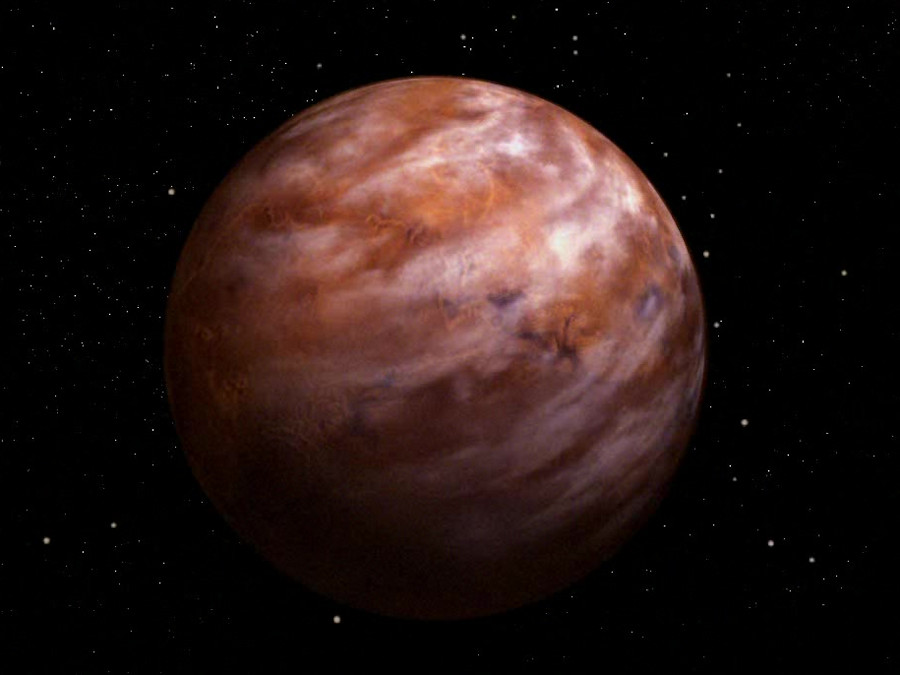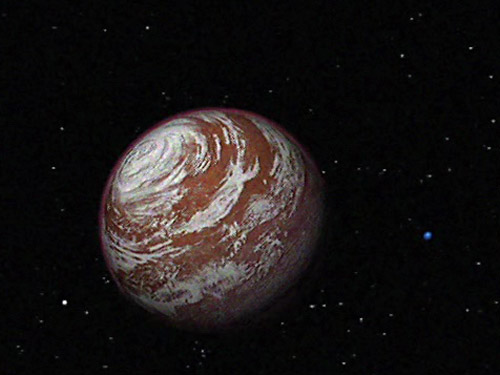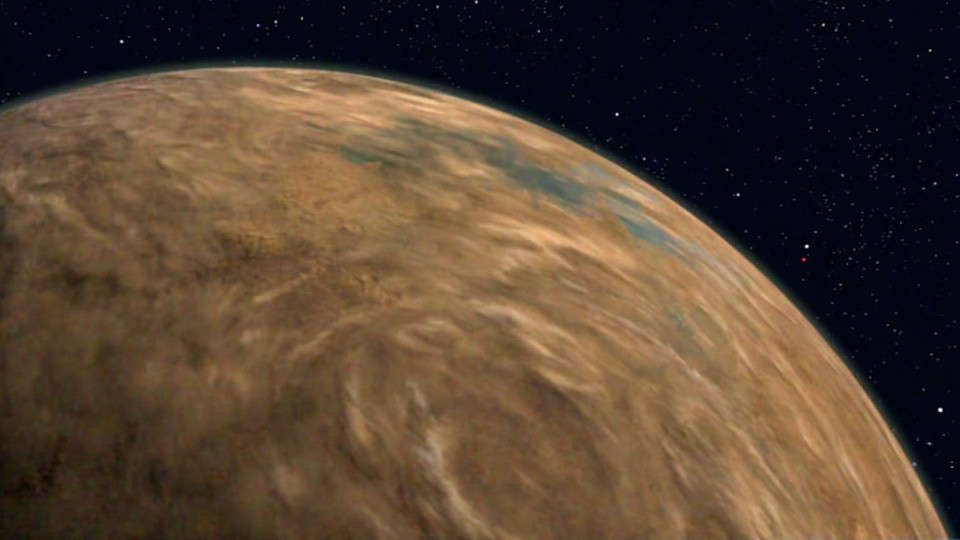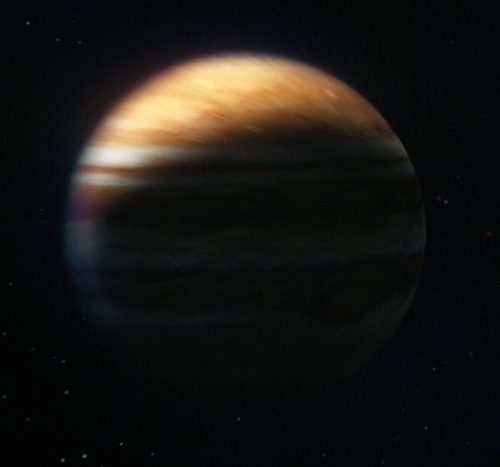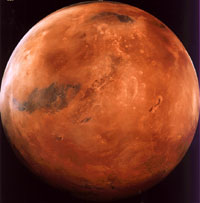Difference between revisions of "Planetary Classes"
From Trekipedia
m (→Class H) |
m |
||
| (5 intermediate revisions by the same user not shown) | |||
| Line 1: | Line 1: | ||
| + | {{MyriadPlanetClasses}} | ||
| + | {{banner|Prime|100%}} | ||
==Class A== | ==Class A== | ||
{{ImageBox2|file=gothos-tos-18.jpg|caption=[[Gothos]] ([[Star Trek|TOS]] [[The Squire of Gothos (Episode)|18]])}} | {{ImageBox2|file=gothos-tos-18.jpg|caption=[[Gothos]] ([[Star Trek|TOS]] [[The Squire of Gothos (Episode)|18]])}} | ||
| Line 56: | Line 58: | ||
<div style="clear:both;"> </div> | <div style="clear:both;"> </div> | ||
==Class C== | ==Class C== | ||
| + | {{ImageBox2|file=psi2000-tos06.jpg|caption=Psi 2000 ([[Star Trek|TOS]] [[The Naked Time (Episode)|06]])}} | ||
'''Geoinactive<ref name="STSC" />''' | '''Geoinactive<ref name="STSC" />''' | ||
{|style="width:50%" align="left" | {|style="width:50%" align="left" | ||
| Line 81: | Line 84: | ||
|} | |} | ||
<div style="clear:both;"> </div> | <div style="clear:both;"> </div> | ||
| + | |||
==Class D== | ==Class D== | ||
{{ImageBox2|file=moon-ent-96.jpg|caption=[[Moon (Sol IIIa)]] ([[Star Trek: Enterprise|ENT]] [[Demons (Episode)|96]])}} | {{ImageBox2|file=moon-ent-96.jpg|caption=[[Moon (Sol IIIa)]] ([[Star Trek: Enterprise|ENT]] [[Demons (Episode)|96]])}} | ||
| Line 138: | Line 142: | ||
<div style="clear:both;"> </div> | <div style="clear:both;"> </div> | ||
==Class F== | ==Class F== | ||
| + | {{ImageBox2|file=janus-06-tos26.jpg|caption=Janus VI ([[Star Trek|TOS]] [[The Devil in the Dark (Episode)|26]])}} | ||
'''Geometallic<ref name="STSC" />''' | '''Geometallic<ref name="STSC" />''' | ||
{|style="width:50%" align="left" | {|style="width:50%" align="left" | ||
| Line 166: | Line 171: | ||
|} | |} | ||
<div style="clear:both;"> </div> | <div style="clear:both;"> </div> | ||
| + | |||
==Class G== | ==Class G== | ||
{{ImageBox2|file=delta_vega-tos-01.jpg|caption=[[Delta Vega (TOS)|Delta Vega]] ([[Star Trek|TOS]] [[Where No Man Has Gone Before (Episode)|01]])}} | {{ImageBox2|file=delta_vega-tos-01.jpg|caption=[[Delta Vega (TOS)|Delta Vega]] ([[Star Trek|TOS]] [[Where No Man Has Gone Before (Episode)|01]])}} | ||
| Line 302: | Line 308: | ||
|- | |- | ||
|class="HeaderRow ButtonLeftCorners" style="width:25%"|Example | |class="HeaderRow ButtonLeftCorners" style="width:25%"|Example | ||
| − | |style="width:75%"|[[Mars]] | + | |style="width:75%"|[[Mars]],<ref name="STSC"/> [[Planet Mudd]]<ref name="TOS41"/> |
|} | |} | ||
<div style="clear:both;"> </div> | <div style="clear:both;"> </div> | ||
| Line 388: | Line 394: | ||
<div style="clear:both;"> </div> | <div style="clear:both;"> </div> | ||
==Class P== | ==Class P== | ||
| − | {{ImageBox2|file= | + | {{ImageBox2|file=exo-03-tos09.jpg|caption=Exo III ([[Star Trek|TOS]] [[What Are Little Girls Made Of? (Episode)|09]])}} |
'''Glaciated<ref name="STSC" />''' | '''Glaciated<ref name="STSC" />''' | ||
{|style="width:50%" align="left" | {|style="width:50%" align="left" | ||
| Line 414: | Line 420: | ||
|} | |} | ||
<div style="clear:both;"> </div> | <div style="clear:both;"> </div> | ||
| + | |||
==Class Q== | ==Class Q== | ||
'''Variable<ref name="STSC" />''' | '''Variable<ref name="STSC" />''' | ||
| Line 516: | Line 523: | ||
==References== | ==References== | ||
<references> | <references> | ||
| − | <ref name=" | + | <ref name="TOS41">{{RefTOS41}}</ref> |
| − | <ref name=" | + | <ref name="STSC">{{RefSTSC}}</ref> |
| − | |||
</references> | </references> | ||
Latest revision as of 05:59, 5 September 2023
Myriad Universes: Planetary Classes
Class A
Geothermal[1]
| Age | 0-2 billion years |
| Diameter | 1,000-10,000km |
| Location | Ecosphere/Cold Zone |
| Surface | Partially molten |
| Atmosphere | Primarily hydrogen compounds |
| Evolution | Cools to become Class C |
| Lifeforms | None |
| Example | Gothos |
Class B
Geomorteus[1]
| Age | 0-10 billion years |
| Diameter | 1,000-10,000km |
| Location | Hot Zone |
| Surface | Partially molten, high surface temperature |
| Atmosphere | Extremely tenuous, few chemically active gases |
| Lifeforms | None |
| Example | Mercury |
Class C
Geoinactive[1]
| Age | 2-10 billion years |
| Diameter | 1,000-10,000km |
| Location | Ecosphere/Cold Zone |
| Surface | Low surface temperature |
| Atmosphere | Frozen |
| Lifeforms | None |
| Example | Pluto, Psi 2000 |
Class D
Asteroid/Moon[1]
| Age | 2-10 billion years |
| Diameter | 100-1,000km |
| Location | Hot Zone/Ecosphere/Cold Zone; found primarily in orbit of larger planets or in asteroid fields |
| Surface | Barren and cratered |
| Atmosphere | None or very tenuous |
| Lifeforms | None |
| Example | Moon (Sol IIIa), Lunar V (Bajor VIIe) |
Class E
Geoplastic[1]
| Age | 0-2 billion years |
| Diameter | 10,000-15,000km |
| Location | Ecosphere |
| Surface | Molten, high surface temperature |
| Atmosphere | Hydrogen compounds and reactive gases |
| Evolution | Cools to become Class F |
| Lifeforms | Carbon cycle (Excalbians) |
| Example | Excalbia |
Class F
Geometallic[1]
| Age | 1-3 billion years |
| Diameter | 10,000-15,000km |
| Location | Ecosphere |
| Surface | Volcanic eruptions due to molten core |
| Atmosphere | Hydrogen compounds |
| Evolution | Cools to become Class G |
| Lifeforms | Silicon-based (Horta) |
| Example | Janus VI |
Class G
Delta Vega (TOS 01)
Geocrystalline[1]
| Age | 3-4 billion years |
| Diameter | 10,000-15,000km |
| Location | Ecosphere |
| Surface | Still crystallizing |
| Atmosphere | Carbon dioxide, some toxic gases |
| Evolution | Cools to become Class K, L, M, N, O, or P |
| Lifeforms | Primitive single-celled organisms |
| Example | Delta Vega |
Class H
Desert[1]
| Age | 4-10 billion years |
| Diameter | 10,000-15,000km |
| Location | Hot Zone/Ecosphere/Cold Zone |
| Surface | Hot and arid, little or no surface water |
| Atmosphere | May contain heavy gases and metal vapors |
| Lifeforms | Drought- and radiation-resistant plants, animal life |
| Example | Rigel XII, Tau Cygna V |
Class I
Gas Supergiant[1]
| Age | 2-10 billion years |
| Diameter | 140,000-10 million km |
| Location | Cold Zone |
| Surface | Tenuous, comprised of gaseous hydrogen and hydrogen compounds; radiates heat |
| Atmosphere | Zones vary in temperature, pressure, and composition; water vapor may be present |
| Lifeforms | Unknown |
| Example | Q'tahl |
Class J
Gas Giant[1]
| Age | 2-10 billion years |
| Diameter | 50,000-140,000km |
| Location | Cold Zone |
| Surface | Tenuous, comprised of gaseous hydrogen and hydrogen compounds; radiates some heat |
| Atmosphere | Zones vary in temperature, pressure, and composition |
| Lifeforms | Hydrocarbon-based (Jovian) |
| Example | Jupiter, Saturn |
Class K
Adaptable[1]
| Age | 4-10 billion years |
| Diameter | 5,000-10,000km |
| Location | Ecosphere |
| Surface | Barren, little or no surface water |
| Atmosphere | Thin, mostly carbon dioxide |
| Lifeforms | Primitive single-celled organisms; adaptable for humanoid colonization through the use of pressure domes |
| Example | Mars,[1] Planet Mudd[2] |
Class L
Marginal[1]
| Age | 4-10 billion years |
| Diameter | 10,000-15,000km |
| Location | Ecosphere |
| Surface | Rocky and barren, little surface water |
| Atmosphere | Oxygen/argon, high concentration of carbon dioxide |
| Lifeforms | Limited to plant life; suitable for humanoid colonization |
| Example | Indri VIII |
Class M
See: Class M Planets
Class N
Reducing[1]
| Age | 3-10 billion years |
| Diameter | 10,000-15,000km |
| Location | Ecosphere |
| Surface | High surface temperature due to greenhouse effect; water exists only as vapor |
| Atmosphere | Extremely dense, carbon dioxide and sulfides |
| Lifeforms | Unknown |
| Example | Venus |
Class O
Pelagic[1]
| Age | 3-10 billion years |
| Diameter | 10,000-15,000km |
| Location | Ecosphere |
| Surface | Liquid water covers 80% or more of surface area |
| Atmosphere | Nitrogen, oxygen, trace elements |
| Lifeforms | Aquatic vegetation, animal life, humanoids |
| Example | Argo |
Class P
Glaciated[1]
| Age | 3-10 billion years |
| Diameter | 10,000-15,000km |
| Location | Ecosphere |
| Surface | Water ice covers 80% or more of surface area |
| Atmosphere | Nitrogen, oxygen, trace elements |
| Lifeforms | Hardy vegetation, animal life, humanoids |
| Example | Exo III |
Class Q
Variable[1]
| Age | 2-10 billion years |
| Diameter | 4,000-15,000km |
| Location | Hot Zone/Ecosphere/Cold Zone |
| Surface | Ranges from molten to water and/or carbon dioxide ice, due to eccentric orbit or variable output of star |
| Atmosphere | Ranges from tenuous to very dense |
| Example | Genesis Planet |
Class R
Rogue[1]
| Age | 2-10 billion years |
| Diameter | 4,000-15,000km |
| Location | Interstellar space, cometary halos |
| Surface | May be temperate due to geothermal venting |
| Atmosphere | Primarily volcanic outgassing |
| Lifeforms | Non-photosynthetic plants, animal life |
| Example | Dakala |
Classes S-T
Ultragiant[1]
| Age | 2-10 billion years |
| Diameter | 10-50 million km (Class S) 50-120 million km (Class T) |
| Location | Cold Zone |
| Surface | Tenuous, composed of gaseous hydrogen and hydrogen compounds; radiates considerable heat |
| Atmosphere | Zones vary in temperature, pressure, and composition; water vapor may be present |
| Lifeforms | Unknown |
Class Y
Demon[1]
| Age | 2-10 billion years |
| Diameter | 10,000-50,000km |
| Location | Hot Zone/Ecosphere/Cold Zone |
| Surface | Temperature can exceed 500°K |
| Atmosphere | Turbulent, saturated with toxic chemicals and thermionic radiation |
| Lifeforms | Crystalline, Mimetic |
| Example | Tholia, Demon Planet (Delta Quadrant) |
References
- ↑ 1.00 1.01 1.02 1.03 1.04 1.05 1.06 1.07 1.08 1.09 1.10 1.11 1.12 1.13 1.14 1.15 1.16 1.17 1.18 1.19 Mandel, Geoffrey. Star Trek: Star Charts. Pocket Books, 2002.
- ↑ Roddenberry, Gene (Executive Producer). "I, Mudd." Star Trek, Season 2, Episode 12. Directed by Marc Daniels. Written by Stephen Kandel. Desilu Productions, 3 November 1967.
